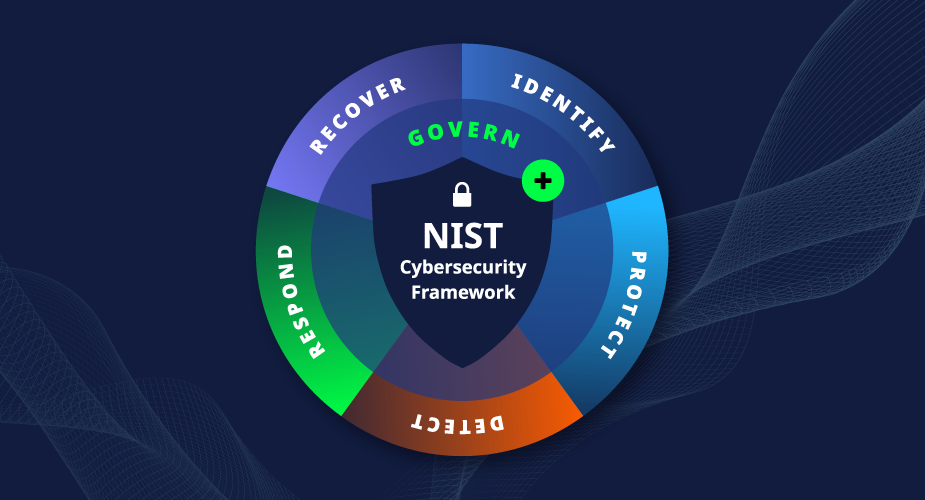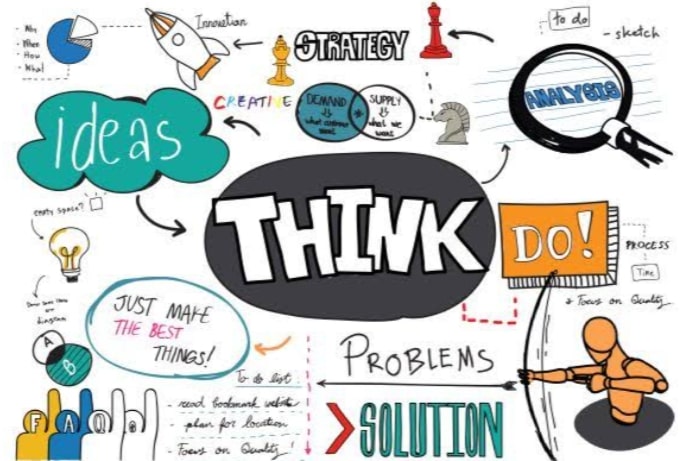In today’s ever-evolving world, where threats loom around every corner, excelling in security and protection roles demands more than just basic skills—it requires a multifaceted approach. To thrive in this critical field, professionals must not only possess technical expertise but also embrace adaptability, sharp communication, and a keen sense of situational awareness.
Whether you’re safeguarding high-profile assets or ensuring workplace safety, understanding the intricate layers of risk, strategy, and human behavior is paramount. In this article, we delve into three essential elements that can propel you to success in any security and protection role, equipping you to navigate the complexities of modern challenges with confidence and skill.
1. In-Depth Knowledge of Security Protocols and Technologies

To excel in any security and protection role, a robust understanding of security protocols and technologies is non-negotiable. In a landscape where cyber threats evolve at breakneck speed, familiarity with frameworks like NIST and ISO standards is pivotal—these blueprints are the backbone of effective security governance.
Furthermore, knowledge of encryption techniques, firewalls, intrusion detection systems, and the latest advancements in artificial intelligence can set you apart. The ability to dissect complex security architectures and identify vulnerabilities is essential; this means not only grasping theoretical concepts but also applying them in real-world scenarios.
Whether you are implementing a multi-layered defense strategy or conducting risk assessments, mastering these technologies will empower you to proactively address security challenges and bolster an organization’s resilience against potential threats.
2. Strong Analytical and Problem-Solving Abilities

Strong analytical and problem-solving abilities are essential in any security and protection role, serving as the bedrock for effective decision-making in high-stakes situations. Imagine navigating a complex labyrinth of threats and vulnerabilities, where every choice can lead to safety or disaster.
A keen analytical mind can dissect multifaceted scenarios, identifying patterns and anomalies that might elude the untrained eye. It’s not just about crunching numbers or following procedures; its about anticipating potential issues and crafting innovative solutions under pressure.
Coupled with a proactive attitude, the ability to think critically empowers security professionals to adapt and respond swiftly to evolving challenges, ensuring that both people and assets remain safeguarded. The interplay of logical reasoning and creative thinking forms a dynamic toolkit that enables these individuals to turn intricate problems into manageable tasks—an invaluable skill set in the fast-paced world of security and protection.
3. Effective Communication and Interpersonal Skills

Effective communication and interpersonal skills are paramount in any security and protection role, serving as the bridge that connects strategy with action. A skilled security professional must not only convey information clearly and concisely but also engage with clients, colleagues, and the community in a manner that fosters trust and cooperation.
This means being an active listener, interpreting non-verbal cues, and adapting your messaging to different audiences. Imagine a scenario where the stakes are high—crisis management requires not only calm assertiveness but also the ability to motivate and direct a team under pressure.
The best security experts are those who can articulate complex protocols in simple terms, while also being empathetic and understanding diverse viewpoints, ensuring that safety measures are comprehended and supported by all. Ultimately, your ability to engage effectively can make the difference between a minor incident and a major resolution, underscoring the essential role of interpersonal finesse in this demanding field.
Conclusion
In conclusion, excelling in any security and protection role demands a multifaceted approach that combines knowledge, technical skills, and personal attributes. By focusing on continuous education, enhancing situational awareness, and developing strong communication skills, individuals can effectively navigate the challenges of this dynamic field.
Institutions like Pacific West Academy play a crucial role in equipping aspiring professionals with the necessary training and expertise. By leveraging these foundational elements, you can not only succeed in your career but also contribute to creating safer environments for those you protect.




